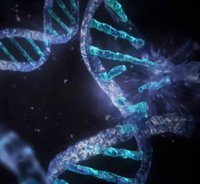
DNA serves as the molecule of modern day inheritance, ensuring continuity of life on our planet. Extant modes of DNA synthesis and repair are extremely complex, unlikely to be representative of the situation when DNA initially became the molecule of life. This discrepancy is all the more pronounced since it is likely that early genomes were not as large as those of present day organisms. This presentation will look at information that can be extracted from extant genomes on the proteins that likely co-evolved with DNA in its infancy as the molecule of life. I will, therefore, initially present an overview of the complex modern day DNA replication/repair machinery, which is conserved in all life forms on our planet. I will then present genetic information that is embedded in extant genomes and likely represents relics (ancestral proteins) of ancestral DNA replication/repair machinery. In presenting the proteins that might have co-evolved with DNA as the molecule of inheritance, I will also look at their diversity and how this diversity may be generated. In particular, I will relate the presentation to a hypothesis based on two phases of evolution outlined as follows: in the earliest collective phase of life, complexity grew rapidly due to massive horizontal gene transfer of core cellular machinery, especially the translational machinery; under these circumstances there is no notion of species. Communities varied in descent. In the modern era of individual lineages however, the information processing machineries no longer undergo horizontal gene transfer. The vertical descent of individual lineages defines species and traces out the evolutionary history of life.
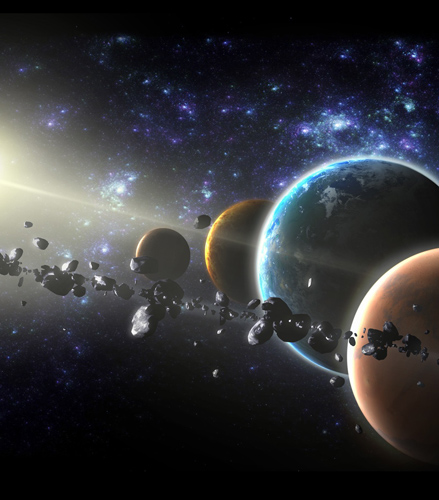 A Talk With Jim Green
A Talk With Jim Green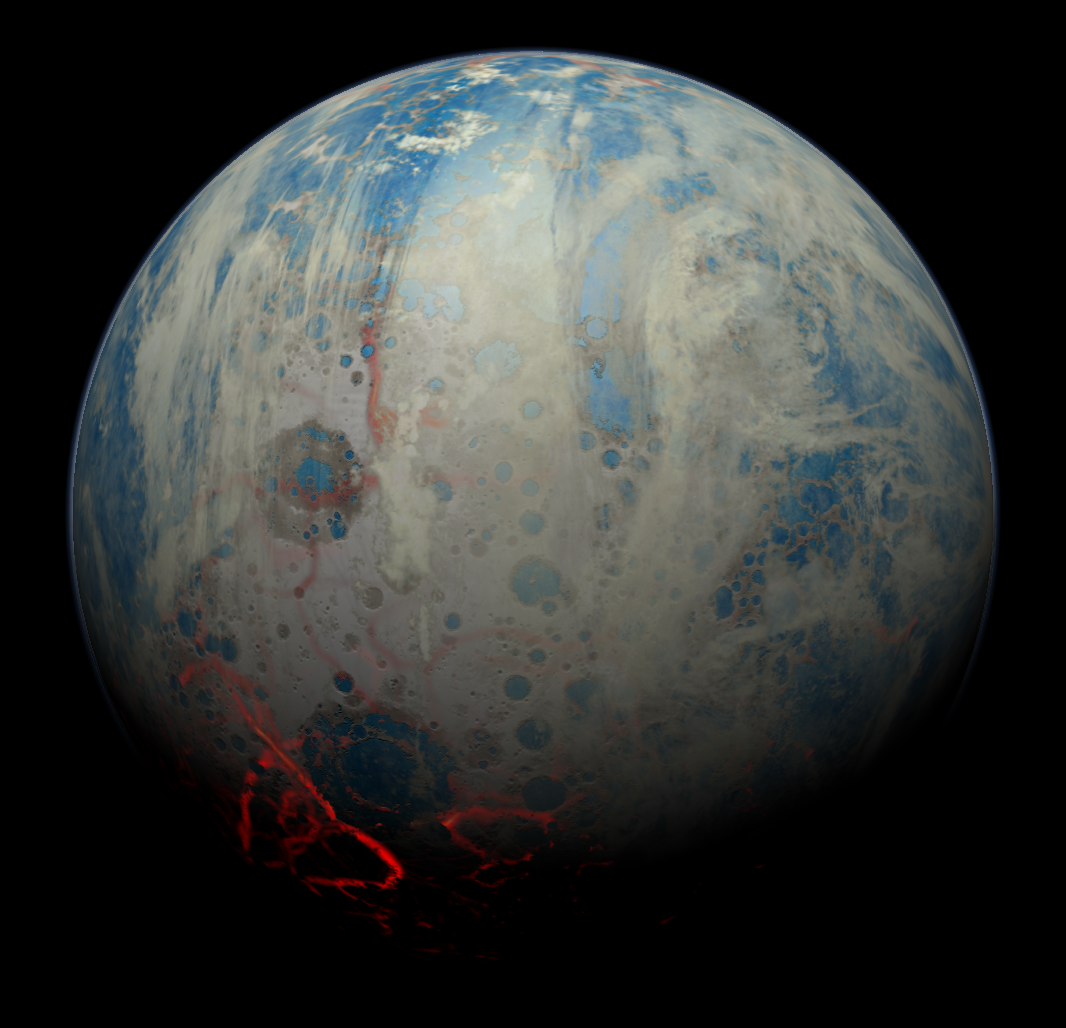 What We Talk About When We Talk About Earth's Oxygenation
What We Talk About When We Talk About Earth's Oxygenation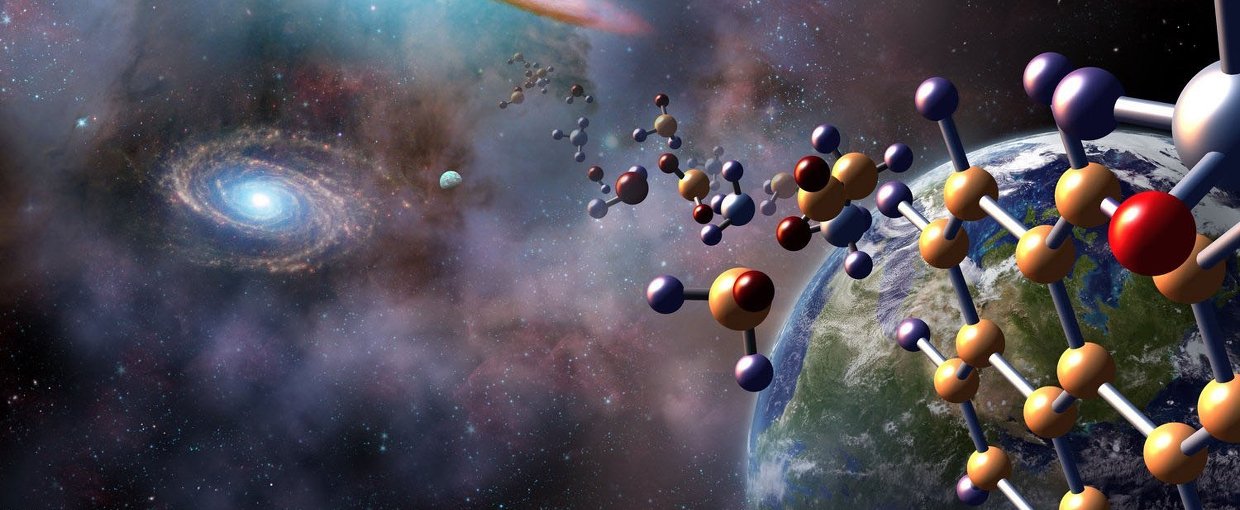 Bowling With Astrobiologists: A Twisted Path Toward the Origin of DNA
Bowling With Astrobiologists: A Twisted Path Toward the Origin of DNA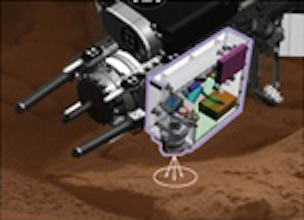 SHERLOC: On the Trail of Potential Biosignatures on Mars
SHERLOC: On the Trail of Potential Biosignatures on Mars